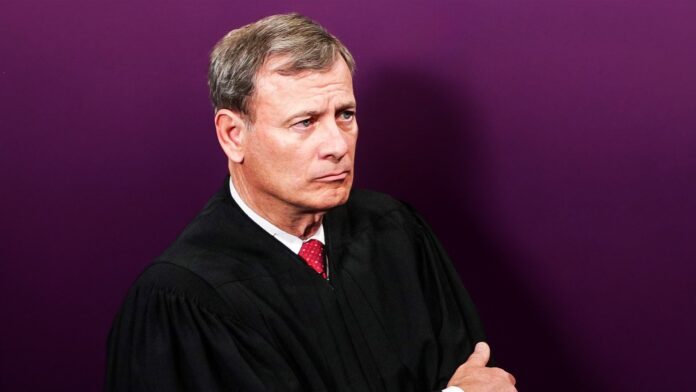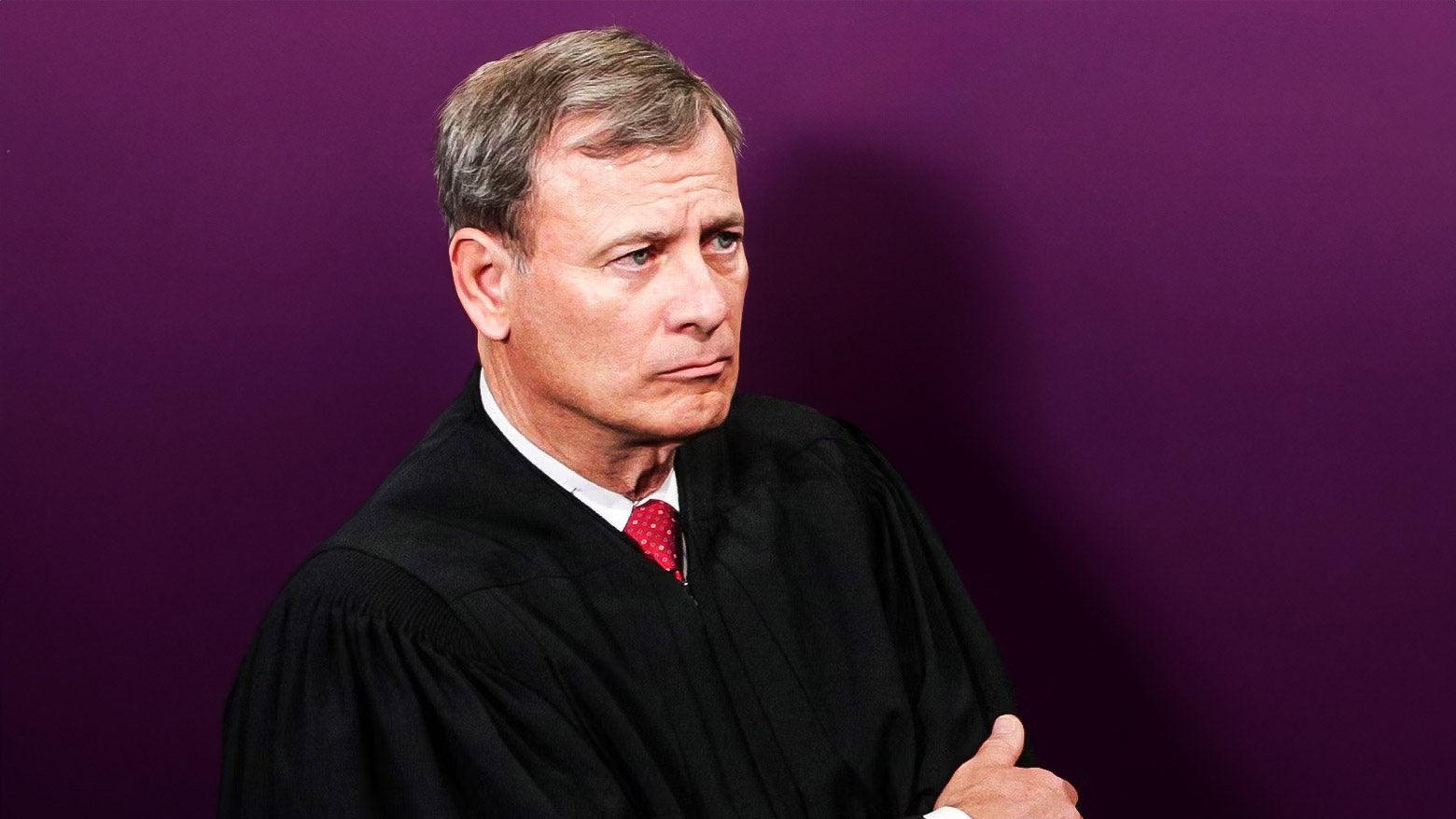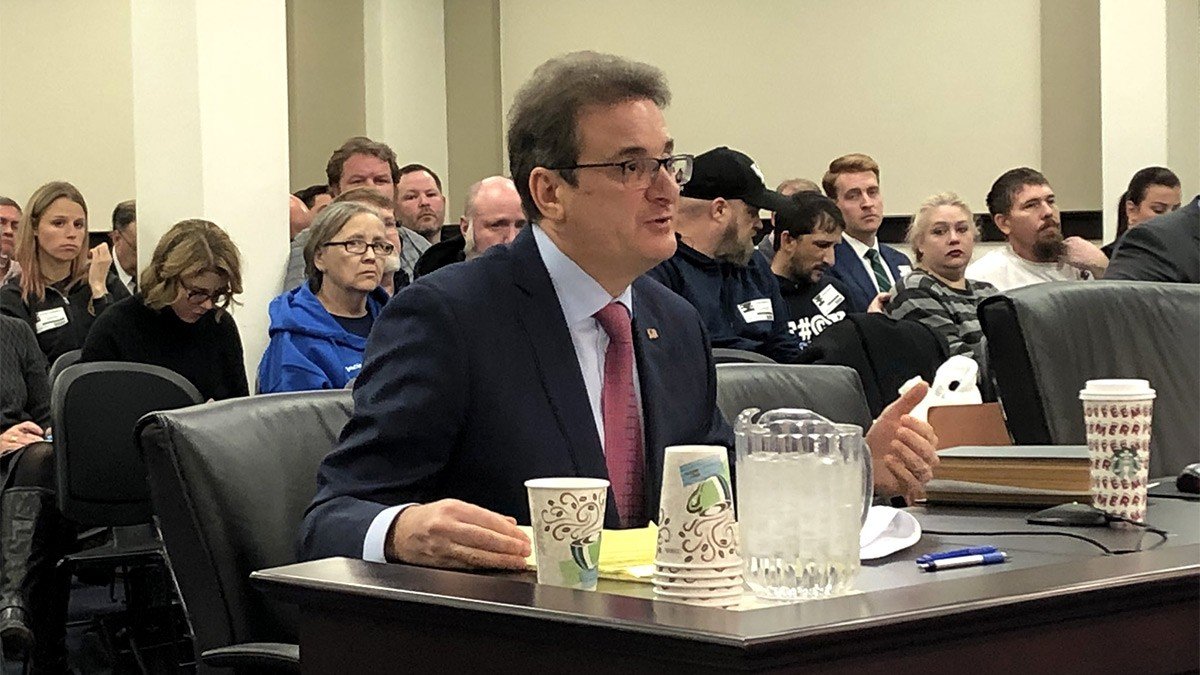The U.S. Supreme Court temporarily halted an appeals court ruling that would allow the Seminole Tribe of Florida to offer sports betting throughout the state on Thursday, meaning residents likely won’t be able to gamble on sports for at least another season.
Chief Justice John Roberts, responsible for emergency requests from the federal appeals court in Washington, D.C., issued an order imposing a stay after the U.S. Circuit Court of Appeals for the District of Columbia upheld a gambling deal between the state and the tribe that included sports betting this summer, as reported by FOX13.
In June, the U.S. Court of Appeals for the District of Columbia Circuit ruled that a federal law, the Indian Gaming Regulatory Act (IGRA), allowed the tribe to accept remote sports bets placed through those devices located off its Hollywood and Tampa-area reservations as long they are routed through servers on tribal land.
However, the same court delayed implementation of its ruling to allow an appeal to the U.S. Supreme Court. Roberts’ order last week continues that injunction pending review by the full Supreme Court.
Chief Justice John Roberts
IGRA allows tribes to offer gambling on their sovereign lands. The Seminole gaming compact reached in 2021 between Gov. Ron DeSantis and the tribe, and ratified by the Legislature, allows the “hub-and-spoke” arrangement for computer sports bets filtered through servers on Indian land.
The arrangement resolved years of conflict over the terms of an earlier compact to allow the tribe to resume paying the state a cut of its gambling profits. The state projected its takings at $2.5 billion through the first five years and $6 billion by 2030.
According to Florida gaming lawyer Daniel Wallach, the current agreement would be bad for consumers and the lawsuit against the deal, filed by pari-mutuel companies West Flagler Associates and Bonita-Fort Myers Corp., has legitimate grounds.
“This is a bad deal for Floridians, bad for the state, and terrible for the parimutuel industry,” Wallach said according to FOX 13. “It would deter competition and wouldn’t be a good experience for the consumer because if you’re dealing with one sportsbook that has, not only the dominant share but control over the whole [market], you may get less competitive odds, you may get less attractive marketing inducements such as free bets, bonus bets and second chance bets.”
According to Wall Street analysts, the current agreement could cost Florida big revenue. Investment experts who had projected at least $3 billion in gaming revenue annually now say it could be less than $2 billion.
Although sports betting is now legal in 37 states nationwide, Wallach said Florida is one of the few states where one sportsbook monopolizes the state’s betting industry.
“Most other states have granted multiple licenses to allow a broad cross-section of sports betting companies to operate online sports betting. New York has nine operators. New Jersey has double digits. Pennsylvania has double digits,” Wallach commented, according to the above-mentioned media. “Florida is the only state of this, or even moderate size, that conveyed the entirety of its sports betting entitlement to just one entity.”
Florida gaming lawyer Daniel Wallach
West Flagler Associates Ltd. and Bonita-Fort Myers Corp., respectively a casino and a poker room operator, brought the lawsuit that resulted in the appeal. These competitors to the tribe prevailed in the trial court forcing the tribe to turn off the remote sports betting it had briefly offered before then but lost before the D.C. Circuit. Those parties then appealed to the Supreme Court.
The named defendant is Secretary of the Interior Deb Haaland. The tribe is not a direct party to the litigation but has filed friend-of-the-court briefs seeking to influence the outcome, as reported by Florida Phoenix.
None of the parties have filed briefs with the justices yet. The Supreme Court attracts between 7,000 and 8,000 petitions to hear cases every year and agrees to hear perhaps 80, according to Statista, an online data platform. During its last term, the court issued rulings in 58 cases.
The anti-gambling organization No Casinos argues that, under Amendment 3 to the Florida Constitution, approved by 71.5 percent of the voters in 2018, the compact must be submitted to the voters for approval. But that amendment doesn’t cover the Seminoles, a sovereign nation.
















